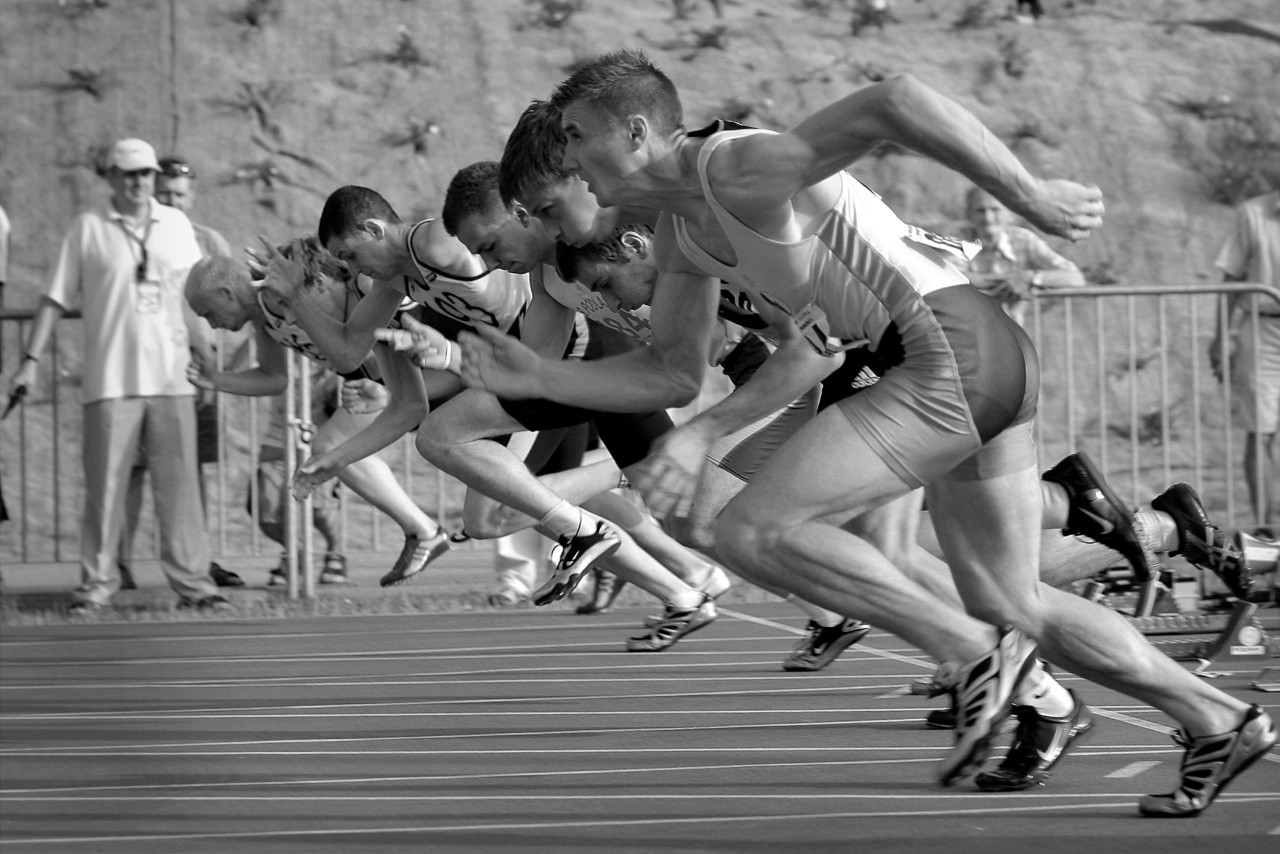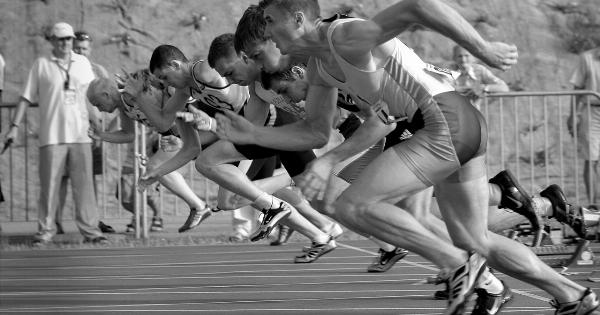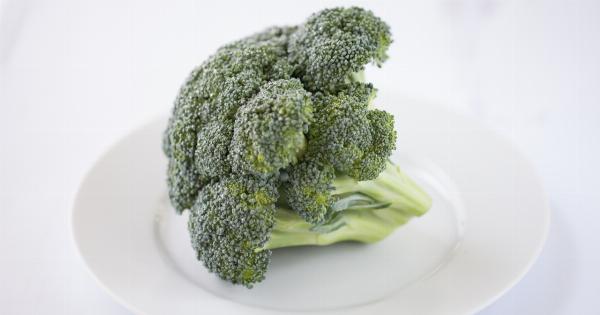For runners, magnesium is one of the essential minerals that play a vital role in maximizing their performance. It helps in optimizing cardiovascular function, blood sugar control, muscular contraction, and many other functions in the body.
In this article, we will discuss the importance of magnesium intake in runners and how it can benefit their athletic performance.
What is Magnesium?
Magnesium is a mineral found in different types of food and dietary supplements. It is one of the most essential minerals that the body needs to function correctly.
Magnesium plays a vital role in many metabolic processes such as energy production, protein synthesis, and nucleic acid stability. It also helps in the maintenance of bone and teeth health, regulates blood pressure, and supports the immune system.
Magnesium and Running Performance
For runners, magnesium plays an essential role in optimizing their performance. It is one of the minerals that participate in over 300 enzymatic reactions in the body, including muscular contraction.
Magnesium helps in the production of adenosine triphosphate (ATP), which is the primary source of energy in the body. It also contributes to protein synthesis, which is necessary for the repair and growth of muscles, and ensures that muscles contract and relax correctly.
Magnesium and Cardiovascular Function
Magnesium is also critical in optimizing the cardiovascular function of runners. It plays a vital role in regulating heart rhythm, maintaining the health of blood vessels, and reducing inflammation.
Magnesium also helps in the regulation of blood sugar levels, which is essential for runners to maintain a consistent energy supply during exercise.
Magnesium and Recovery
For runners, recovery after exercise is essential to optimize performance. Magnesium plays a vital role in recovery by reducing inflammation and controlling oxidative stress.
It also helps in the relaxation of muscles and nerves, which can help reduce muscle tension and soreness after exercise. Magnesium supplementation has been shown to speed up recovery after exercise by reducing muscle damage and inflammation.
Dietary Sources of Magnesium
One of the best ways for runners to ensure they are getting enough magnesium is to eat a balanced diet that includes foods rich in magnesium.
Some of the foods that are high in magnesium include legumes, whole grains, nuts, seeds, leafy green vegetables, and dark chocolate. However, the magnesium content of foods can be affected by factors such as soil quality, cooking methods, and processing.
Magnesium Supplementation
For runners who are not getting enough magnesium from their diets, magnesium supplements can be an effective way to ensure they are meeting their daily recommended intake.
Magnesium supplements are available in different forms, such as magnesium citrate, magnesium glycinate, and magnesium oxide. The best form of magnesium supplements for runners may depend on individual needs, and it is essential to consult with a healthcare provider before taking any dietary supplements.
Conclusion
Magnesium is an essential mineral that plays a vital role in optimizing the performance of runners. It helps in maximizing cardiovascular function, regulating blood sugar levels, supporting muscular contraction, and reducing inflammation.
Runners can ensure they are getting enough magnesium by eating a balanced diet that includes magnesium-rich foods or taking dietary supplements. However, it is important to seek advice from a healthcare provider before making any changes to a diet or taking dietary supplements.






























